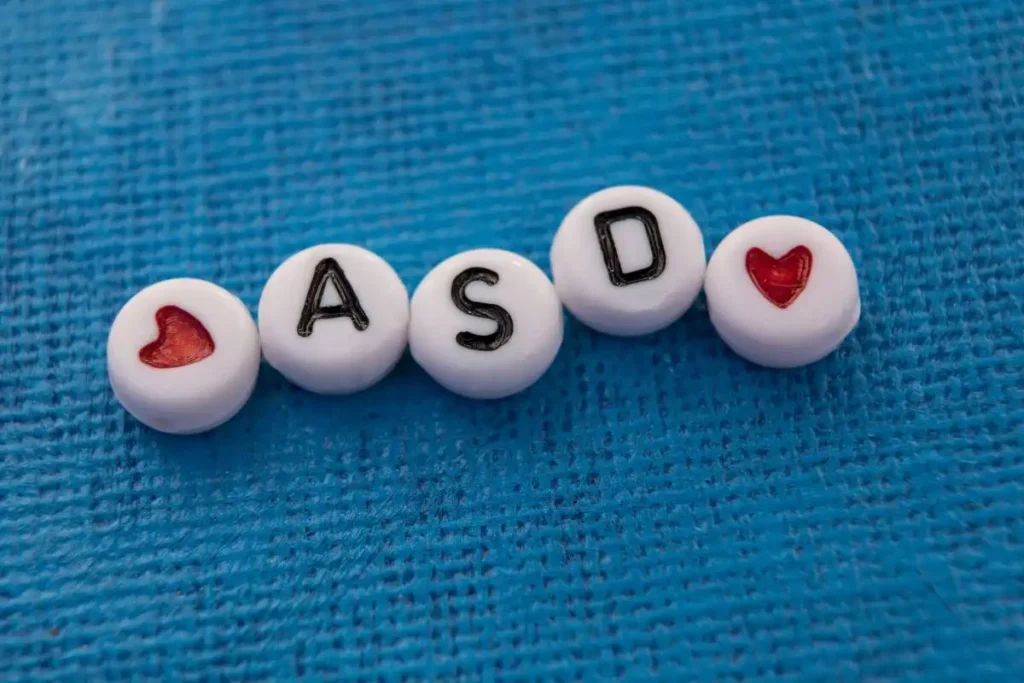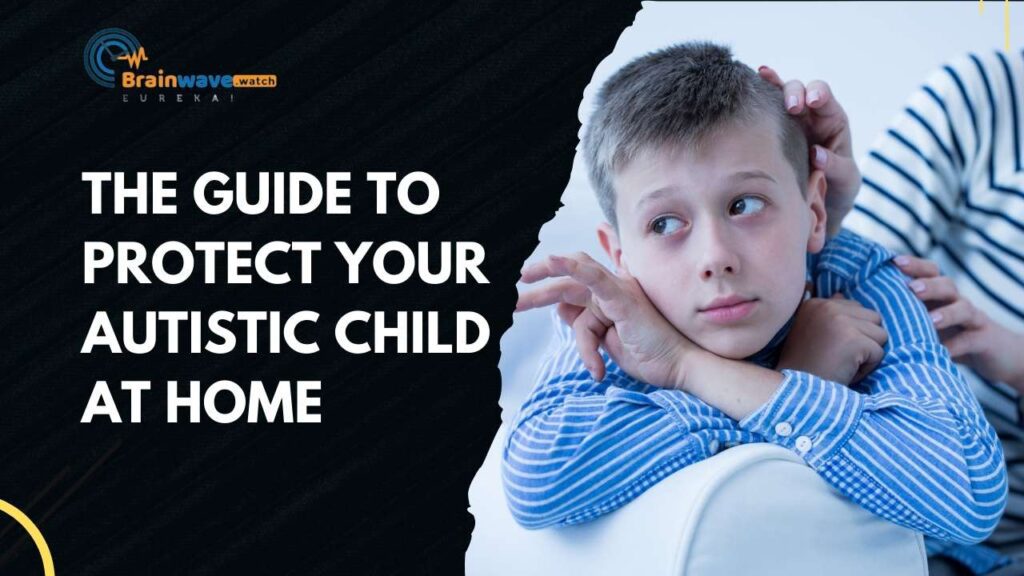It is important to understand that autism is not contagious. It is not caused by a virus or bacteria, and it cannot be transmitted from person to person. Rather, it is a complex condition that is thought to be caused by a combination of genetic and environmental factors.
While the exact causes of autism are not yet fully understood, research has shown that certain risk factors may increase the likelihood of developing the disorder. These risk factors include advanced parental age, premature birth, low birth weight, and certain genetic mutations.
Despite the challenges that come with autism, many individuals with the disorder can lead fulfilling and productive lives. With the right support and interventions, individuals with autism can learn to navigate the challenges of the disorder and develop their strengths and abilities.
Contagion Myths and Facts
Autism is a complex neurodevelopmental disorder that affects communication, social interaction, and behavior. Unfortunately, there are many myths and misconceptions about autism, including the belief that it is contagious. This is simply not true. Autism is not a contagious disease that can be caught like the flu or a cold.
One of the reasons why people may believe that autism is contagious is because individuals with autism may exhibit behaviors that are different from neurotypical individuals. For example, they may have difficulty making eye contact, may not respond to social cues, or may have repetitive behaviors. However, these behaviors are not contagious and cannot be passed from one person to another.
Scientific Clarifications
Scientific research has shown that autism is not caused by a virus or bacteria, and it is not spread through contact with an individual who has autism. According to the British Psychological Society, studies have shown that individuals with autism can demonstrate behavioral contagion, which means that they may mimic the behaviors of others around them. However, this is not the same as being contagious in the way that a virus or bacteria is contagious.
The cause of autism is not yet fully understood. While there is no one specific cause, researchers believe that a combination of genetic and environmental factors may contribute to the development of autism. This means that autism is not something that can be caught or transmitted from one person to another.
It is important to understand that autism is not contagious and that individuals with autism should not be stigmatized or discriminated against due to misunderstandings or myths about the disorder. By educating ourselves and others about the facts of autism, we can create a more inclusive and understanding society.
Transmission of Autism
Autism is not contagious and cannot be transmitted from person to person through physical contact, such as touching or hugging. Rather, it is a complex neurodevelopmental disorder that is believed to result from a combination of genetic and environmental factors.
Genetic Factors
Recent research has shown that genetic factors play a significant role in the development of autism. Studies have found that there is a strong genetic component to the disorder, with certain genes being associated with an increased risk of developing autism. However, it is important to note that not all cases of autism are caused by genetic factors, and the exact genetic mechanisms that contribute to the disorder are not yet fully understood.
Environmental Influences
Environmental factors have also been shown to play a role in the development of autism. Studies have found that exposure to certain environmental toxins, such as lead and mercury, during pregnancy or early childhood may increase the risk of developing autism. Other factors, such as prenatal infections and maternal stress, have also been linked to an increased risk of autism.
While there is no evidence that autism is contagious, it is important to understand the complex interplay between genetic and environmental factors in the development of the disorder. By gaining a better understanding of these factors, researchers may be able to develop more effective treatments and interventions for individuals with autism.
Addressing Concerns
Autism is not contagious, and there is no evidence to suggest that it can be spread from person to person. Many people, however, are still concerned about the possibility of contracting autism, especially when they have a child who has been diagnosed with the condition. It is important to address these concerns and provide education, support, and guidance to those who need it.
Educational Resources
There are many educational resources available to help people learn more about autism and dispel common myths and misconceptions. The Autism Society is a great place to start, as it provides a wealth of information about the condition, including its causes, symptoms, and treatments. The society also offers support groups and other resources for individuals and families affected by autism.
Other resources include the Centers for Disease Control and Prevention (CDC) and the National Institute of Mental Health (NIMH). Both organizations provide information about autism and related conditions, as well as resources for families and caregivers.
Support and Guidance
For individuals and families affected by autism, support and guidance are essential. Many organizations and support groups can assist, including the Autism Speaks and the Autism Society. These groups offer a variety of resources, including support groups, educational materials, and advocacy services.
It is important to seek guidance from medical professionals, such as pediatricians, psychologists, and psychiatrists. These professionals can provide information about the diagnosis, treatment, and management of autism, as well as referrals to other specialists as needed.







